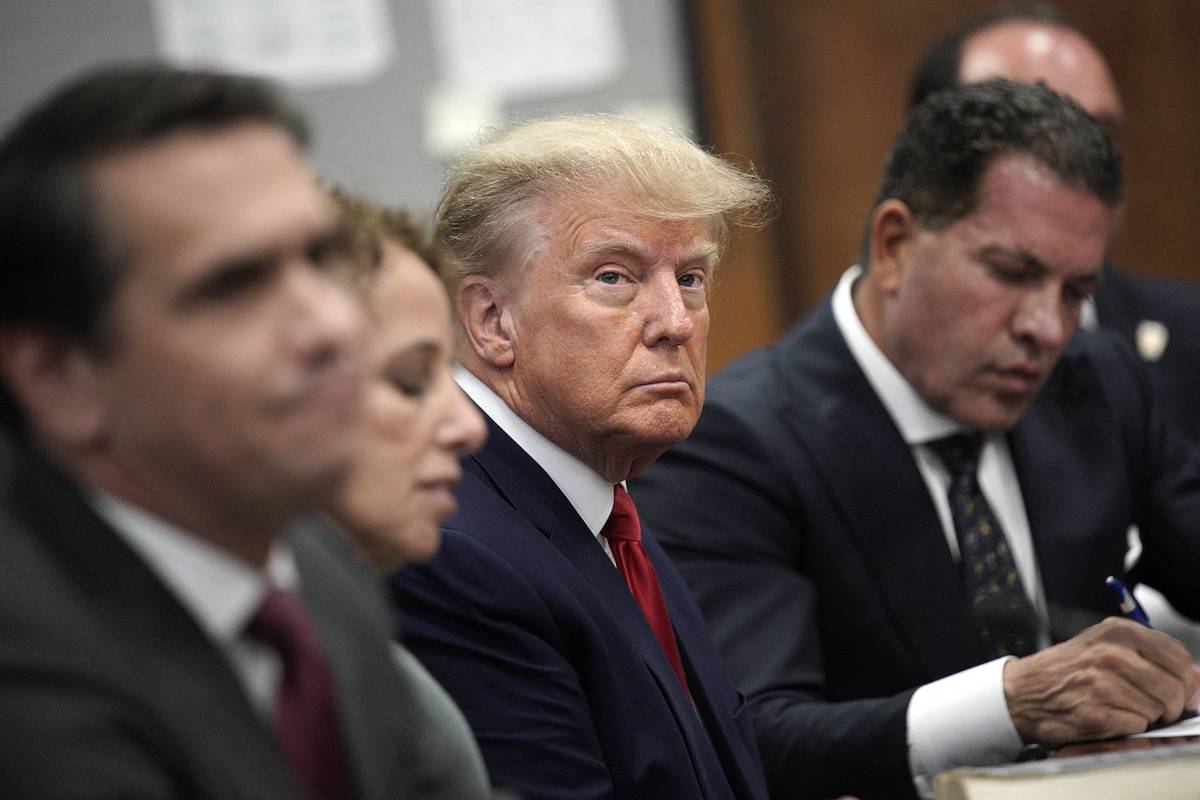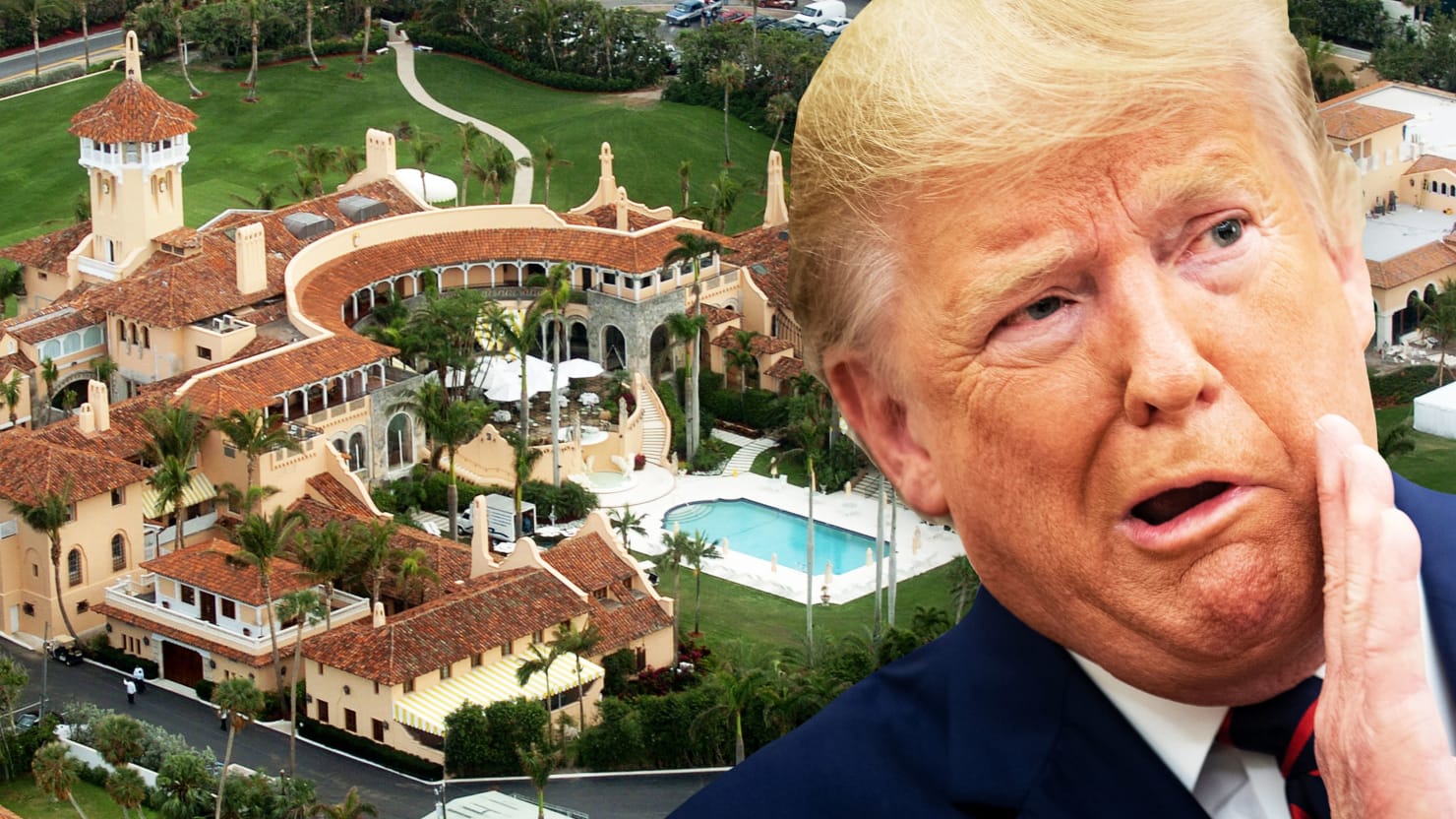Introduction
Nearly ten months after the recovery of classified documents from Donald Trump’s Mar-a-Lago resort, the former president has not faced federal charges. However, recent revelations, including the existence of an audio tape where Trump acknowledges retaining a classified Pentagon document, shed new light on the ongoing investigation. CNN’s Senior Crime and Justice Reporter, Katelyn Polantz, provides insights into the significance of these developments and the reasons behind the extended duration of the federal investigation.

The Importance of the Audio Tape
The audio tape obtained by the Justice Department carries substantial weight as evidence in the investigation. Legal experts have confirmed its admissibility in court since it was lawfully recorded. While the content of the tape remains undisclosed, sources indicate that it unequivocally captures Trump’s knowledge of possessing classified information outside the authorized channels and his deliberate decision to retain it. This aspect is crucial when evaluating potential criminal charges.
Clarifying the Legal Focus
Contrary to popular belief, the investigation is not solely about classified information. The primary legal concern revolves around protecting national defense information, regardless of its classified status. Trump’s handling of the information, keeping it outside protected areas despite having the clearance to access it, forms the basis of the investigation. The audio tape suggests Trump’s familiarity with the document and even features the sound of paper rustling, indicating its immediate presence during the conversation. The prosecution will assess if these elements meet the criteria for mishandling records.
Expanding the Timeframe of Investigation
The recent developments also extend the timeframe under scrutiny. While considerable attention has focused on Trump’s actions after the Justice Department subpoenaed the classified documents in May 2022, little consideration has been given to the period preceding the investigation’s official commencement in January 2022. The newly discovered audio tape, recorded in New Jersey, suggests that Trump may have discussed classified information on multiple occasions. This broader timeline adds complexity to the investigation, indicating potential mishandling instances prior to Trump’s departure from office.
Broader Implications and Investigation Scope
The significance of the recording’s location should not be overlooked. The tape’s origin in Bedminster, New Jersey, reveals that the investigation encompasses more than just Mar-a-Lago. Trump’s frequent travel between Mar-a-Lago and Bedminster during 2021 and 2022 indicates the movement of documents across different locations. This understanding challenges the perception that the investigation is confined to Florida, highlighting the need to consider a wider scope.
Insights into the Recording Acquisition
While details about the special counsel’s acquisition of the recording remain limited, it is known that an aide to Trump, Margo Martin, appeared before a grand jury in March 2023. Shortly after this appearance, it is believed that Trump’s legal team became aware of the tape’s existence. Given Trump’s previous inclination to record his interactions, as evidenced by his lawsuit against Bob Woodward, it is possible that Trump had knowledge of the recording before the aide’s grand jury appearance.
Timing and Trial Possibilities

Concerns about the investigation’s timeline arise in light of the upcoming presidential election. While court proceedings can vary in speed, it is difficult to predict how long a case may take. However, the importance of the case’s subject matter—the security of the country—may expedite the legal process. The potential charges and subsequent trial could conclude before voters are called upon to make decisions regarding Trump’s return to the White House.
The Goldilocks Test for Classified Information Cases
Prosecutors handling classified information cases must meet a delicate balance. The information must be secret enough to convince a jury that its disclosure jeopardized national security, yet not so secret that it cannot be presented in court. Termed the “Goldilocks test,” this assessment ensures that the prosecution can effectively argue the mishandling of records. The determination of whether the war plan for attacking Iran in the alleged document meets this standard remains pivotal to the case.
Uncovering the Investigation: Reporting Challenges
Revealing details about an ongoing investigation of this magnitude requires meticulous reporting. The process involves extensive communication with numerous sources to piece together the puzzle accurately. While sources may have their own agendas, both political and legal, the importance of disseminating crucial information drives the pursuit of such stories.

Conclusion
The recent developments, including the existence of the audio tape, shed new light on the ongoing federal investigation into Trump’s mishandling of classified documents. As the investigation delves into an expanded timeframe and multiple locations, the legal implications become increasingly significant. The potential charges and subsequent trial may unfold before the upcoming presidential election, shaping the public’s perception of Trump’s viability as a candidate. The Goldilocks test, ensuring the proper classification of information, and the thoroughness of reporting contribute to the understanding of this complex and consequential investigation.
©world-news.biz
